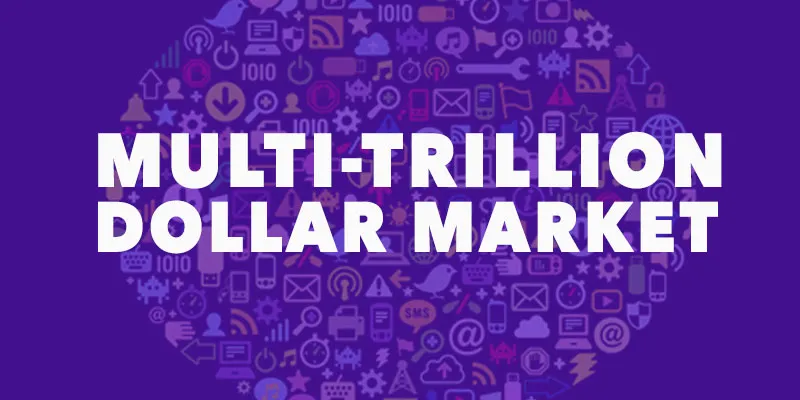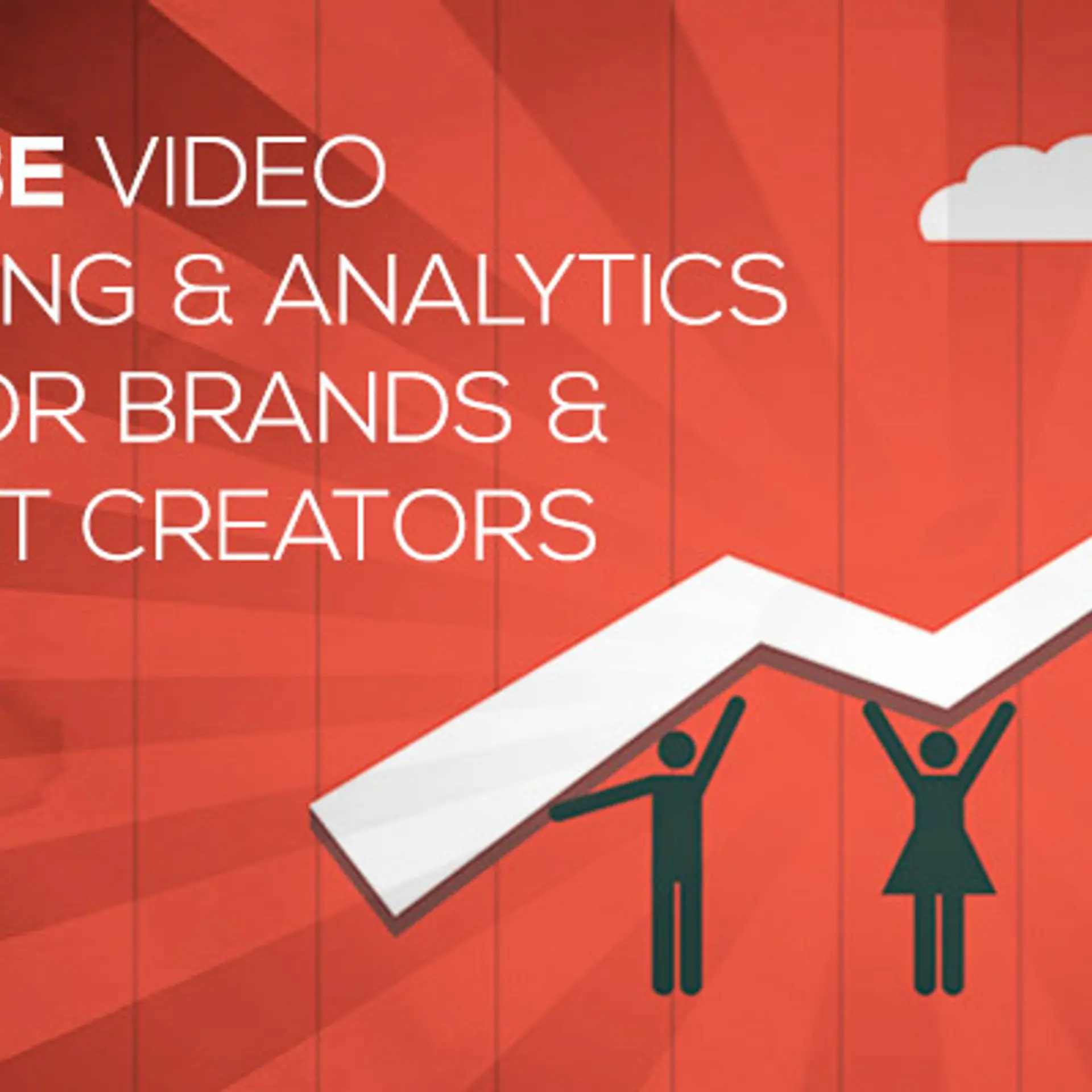Internet of Things is no hype, poised to be a multi-trillion dollar market by 2020
Capturing data over web or mobile has always been Google’s forte. As the world gets smarter with connected devices, global companies have understood the importance of ‘Internet of Things’.
Major players like Cisco, Qualcomm, Intel, Samsung etc have started investing massively to support the adoption of IoT. Data capture at the sensory level has great potential to drive the next wave of big data.
IoT is transforming the physical world, augmenting our lives with smart connected devices.
What if your phone could read your mind?
From refrigerators to parking spaces to houses, IoT is bringing more and more things into the digital fold every day, which will likely make IoT a multi-trillion dollar industry in the near future.
The sensors on these connected devices are becoming the new data volcanoes; they can extract data from objects and the environment to provide deep insights. Various parameters like changes in position, temperature, light etc can be measured and tracked for analysis.
PWC reports that investments in sensors validate the market-positiveness towards IoT.
Interesting trivia from the PWC survey:
- 20% of companies are investing in IoT sensors, which is almost 17% up from last year.
- 14% of the respondents said that sensors are of top strategic importance to their companies in the next three to five years.
- 25% of top performers are investing back in sensors, a good increase from last year’s 18%
IoT can help consumers achieve goals by greatly improving their decision-making capacity via the augmented intelligence of IoT.
For businesses, the Internet of Business Things (IoBT) helps companies achieve enhanced process optimization and efficiencies by collecting and reporting on data collected from these environments.

Businesses are getting smarter with wide-scale applications of sensors to gather and analyze information, to make better decisions and increase transparency.
Sensors are most used in the energy and mining sector to detect carbon monoxide levels for worker safety, according to the survey.
Bangalore based Stellapps is utilizing IoT to monitor farm animals and devise strategies to increase milk production from these animals. It is a cloud integration with hardware mounted on animals and in animal sheds. The data extracted helps farmers learn the milk production pattern to devise strategies to increase production.
Stellapps is disrupting the dairy industry in India
Automobile sector is heavily influenced by the IoT, with smart sensors in cars to track and understand various parameters and usage patterns.
Pune based CarIQ’s hardware makes cars smarter. It can track fuel usage, battery status, speed patterns and various other patterns related to the car. It helps you know your car’s health on your phone.
How CarIQ is pioneering India’s own connected car ecosystem?
IoT is even making the retail experience exciting. Sensors help drive user engagement over products in retail stores and to optimize user choices. It’s playing a crucial role in the supply chain management with predictive analytics.
Mumbai based Shopsense is driving great insights from retail experiences and making shop owners understand their customers a step further. It not only drives better sales but also optimizes the whole shopping experience for customers.
ShopSense is using technology to bring transformation in retail experience
Sensors are least used in the financial sector, where telematics can be used to transmit data related to insurance claims, the PwC survey states.
Major investments and growth in IoT are being noticed in Asia and Africa. PWC reports that Asia (26%) and Africa (18%) expect to invest more in sensors this year. Only 8% of respondents from European companies and 7% of respondents from North American businesses said they plan to boost their investments.
Good times ahead for IoT startups globally to reap from this transformation!







